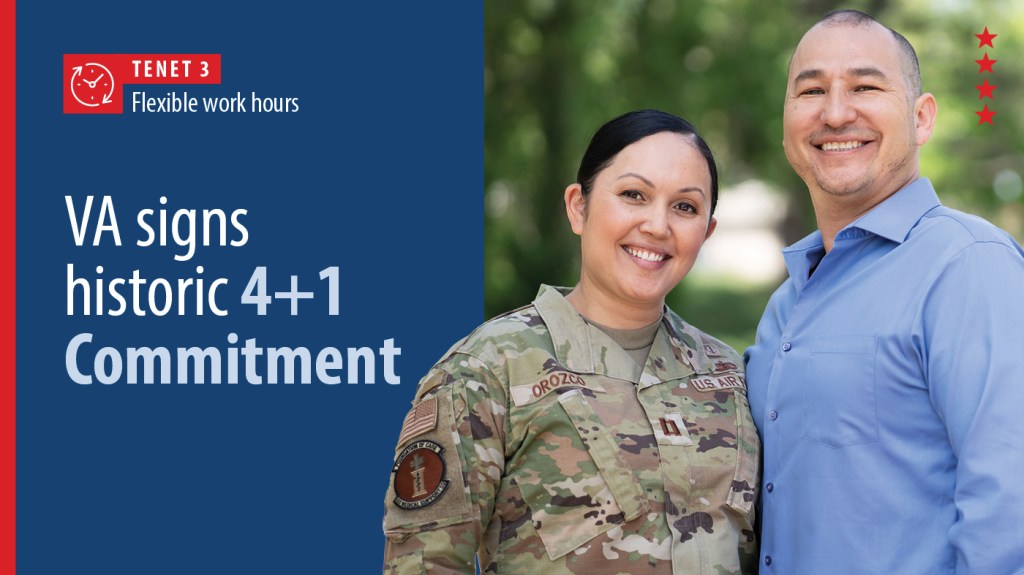
Megan (Meg) Paone is an active-duty Army spouse. She is an accomplished communications professional, a mother of twins, and understands the challenges spouses endure while supporting service members, caring for their families, maintaining employment, and managing the home front. She writes:
Several years ago, I attended a military spouse symposium panel on balancing work and military-spouse life.
A panelist shared a sentiment that has stuck with me: military spouses hold many different titles—spouse, parent, child, sibling, employee, volunteer, friend. While we strive to be great at these roles all of the time, I recall her saying that someone may be a great employee and spouse one day and a great caregiver or mom the next day.
That’s where balance comes in, but this is difficult to achieve for military spouses.
When my spouse left for a 3-month temporary duty assignment to a different continent, leaving me with our 11-month-old twins, I was not sure how I could balance being a military spouse, a good mom, a single parent, and a good employee all at the same time. I was honest with my employer about the challenges.
We worked out a way for me to incorporate flexible work hours, but because there was no policy in place, I needed to bring up the conversation and risk hearing “no.” This would have required me to seek out another solution, to include new employment.
This is why it is so encouraging that federal employers, like VA, support military spouses by offering positions with flexible work hours.
By participating in the 4+1 Commitment, VA reinforces efforts to recruit, hire, and retain military spouses and improve their employment outcomes through 4 key tenets. Tenet 3: Flexible Work Hours demonstrates that VA understands a traditional work schedule is not a one-size-fits-all approach for military spouses.
Flexibility is crucial for military spouses to support their Service members and the U.S. military, contribute at work, and care for their families. Balancing those responsibilities often requires military spouses to shift roles outside the 9:00 a.m. to 5:00 p.m. ET timeframe.
When military spouses have flexible work schedules, they can better focus on the needs of their families and employers. In offering flexibility, VA is proving to the military community that they are the employer of choice, especially for those still on active duty considering VA employment upon separation or retirement.
Take the first step with VMSTEP
As a military spouse, you have a distinct perspective on what we do at VA and how to help our Veterans. You’re educated, qualified, and ready to serve families who have lived through experiences similar to your own.
That’s knowledge other candidates can’t duplicate, which is why VA has long been a leader in developing and implementing military spouse-friendly policies and agencies, including the Veteran and Military Spouse Talent Engagement Program (VMSTEP).
VMSTEP provides employment readiness assistance and support while advocating the use of special hiring authorities, employment programs, and retention strategies to position VA as the employer of choice for Veterans and military spouses.
Military spouses who work for VA bring their experience and understanding of what it means to be a part of the mission. Through VMSTEP, we’re taking actionable steps to reduce military spouse unemployment and underemployment rates, thus contributing to the stability of military families.
Work at VA
If you’re a Veteran, military spouse, or are planning your return to civilian life after military service, we stand ready to offer assistance and support in your quest for a meaningful career.
- READ more about VA’s 4+1 Commitment.
- LEARN more about our work at VMSTEP.
- FOLLOW VMSTEP on Facebook.
- ACCESS more resources at VA Careers.


